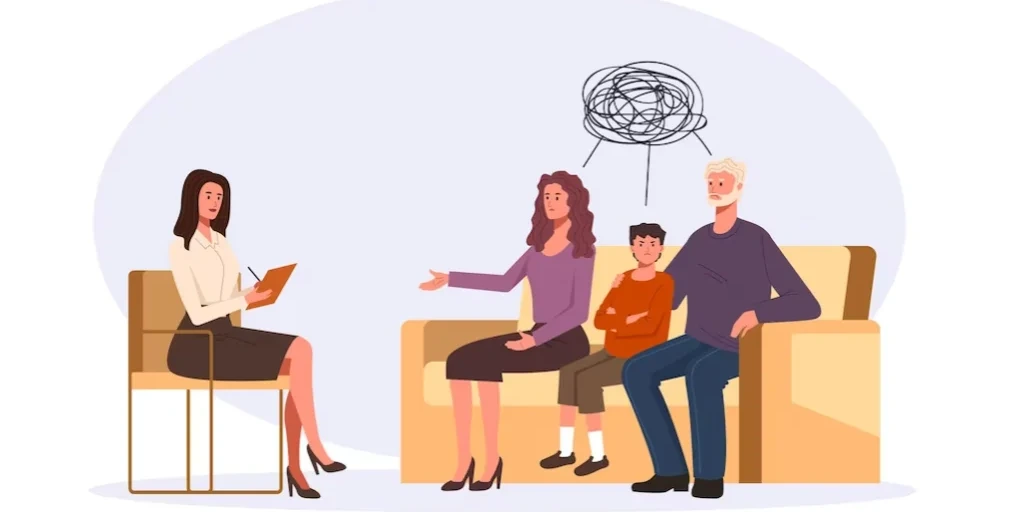24/7 Helpline:
(866) 899-221924/7 Helpline:
(866) 899-2219
Learn more about Eating Disorder Treatment centers in Mitchell County
Other Categories in Mitchell County

Other Insurance Options

Carleon

AllWell

PHCS Network

CareFirst

United Health Care

Optima

BlueCross

Amerigroup

GEHA
Beacon

ComPsych

Health Net

Kaiser Permanente

Meritain

Cigna

MVP Healthcare

Multiplan

Aetna

Ceridian

Group Health Incorporated


SBZ Services Unlimited
SBZ Services Unlimited is a private rehab located in Camilla, Georgia. SBZ Services Unlimited specia...

































